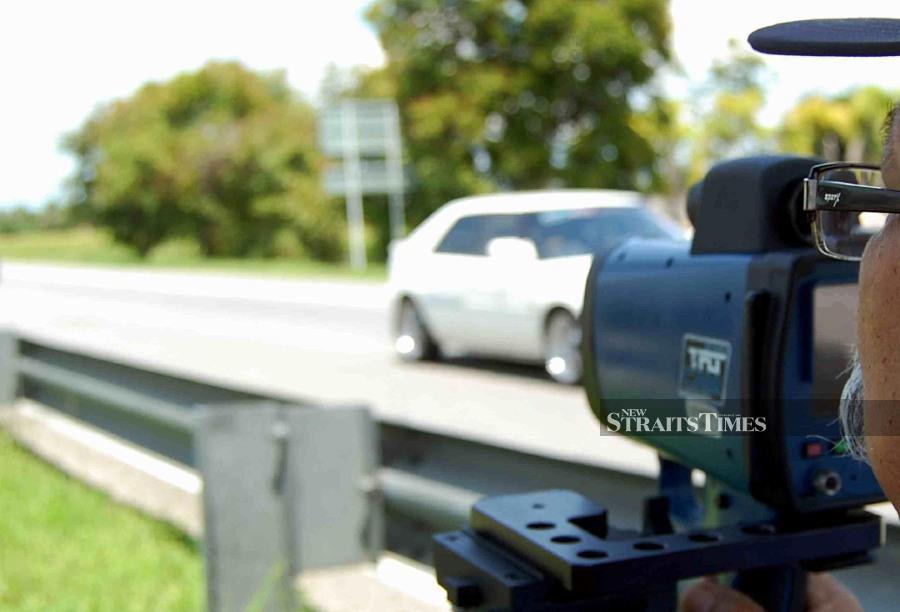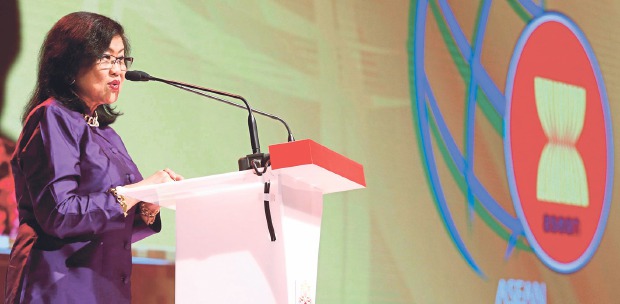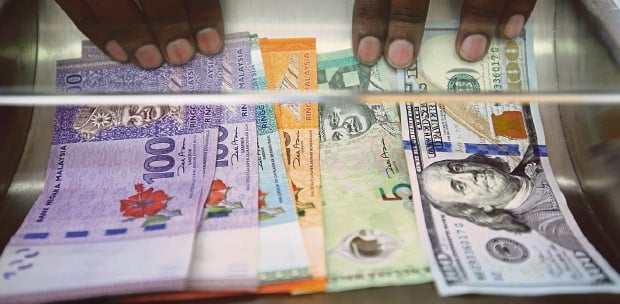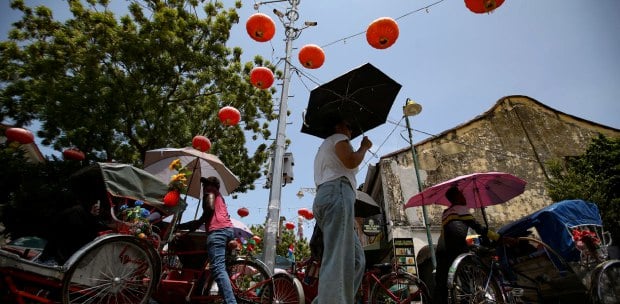LETTERS: I recently received a police summons for exceeding the speed limit on the Ayer Keroh freeway, en route to Malacca town.
A snapshot of my car in the designated speed-limit zone was attached. I had exceeded the speed limit of 80kph by 11 kph.I was shocked. Having been a conscientious driver for 55 years, this was an unexpected first-time encounter with a speeding ticket.
The root cause of the issue lies in the poor and inadequate road signage within speed limit zones.
The road signs fail to provide adequate and noticeable warnings to road users. Unless one is a regular on the speed-limit stretch, it's easy to miss the critical speed-limit road signage.
This situation adds unnecessary stress to drivers, diverting their attention from the road to stay vigilant for speed limit signs.
The focus of the enforcement units, instead of preventing speeding and accidents, seems overly inclined towards catching road users red-handed.
This overzealous approach, and issuing summonses, not only falls short of the initial safety objective but also contributes to a perception of revenue enrichment (enriching the coffers of the authorities).
The solution, however, is straightforward. Implementing customer-friendly road safety measures involves providing clear and early warnings. An effective approach would include prominent advance warnings like "You are now about to enter an 80kph zone".
Additionally, at the commencement of the speed-limit zone, conspicuous 80kph signs or markers painted on the road itself, perhaps on a rough surface patch, would ensure road users feel the change and naturally adhere to the speed limit.
This proactive approach, rather than punitive measures, ensures road users are adequately informed, making compliance with speed limits a natural outcome. Let's shift the focus from merely penalising to genuinely promoting road safety for a win-win situation (less summonses to the motoring public and greater compliance leading to a safer speed-limit stretch).
DR POLA SINGH
Former secretary-general, Chartered Institute of Logistics and Transport Malaysia
The views expressed in this article are the author's own and do not necessarily reflect those of the New Straits Times





